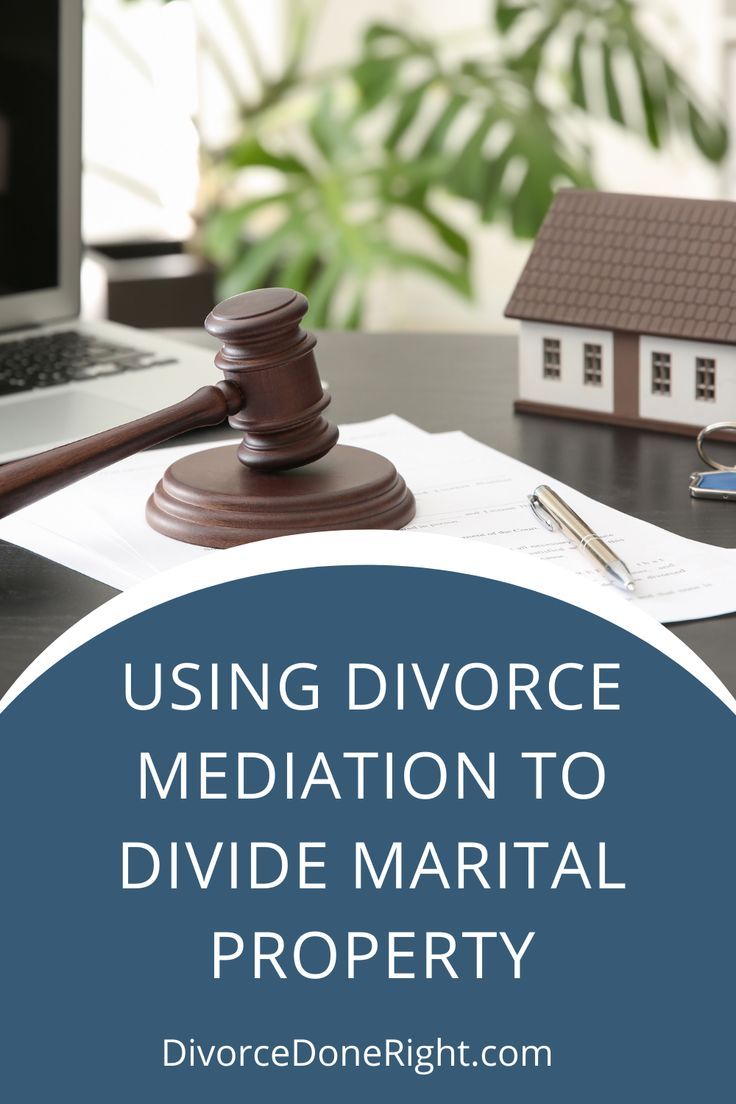Selecting the right divorce lawyer is a critical step in ensuring a smooth and fair resolution to your case. With so many options available, it’s important to know what to look for in a lawyer who can best represent your interests. This guide will walk you through the process of choosing the perfect divorce lawyer for your unique situation.

1. Understand Your Needs
Before you start searching, take time to evaluate your situation:
- Complexity of Your Case: Is your divorce contested or uncontested? Do you have children, significant assets, or other complexities?
- Preferred Approach: Are you seeking a collaborative process or willing to go to court if necessary?
- Budget: Determine what you can afford and look for lawyers who fit within your financial parameters.
2. Qualities to Look for in a Divorce Lawyer
Experience:
- Ensure the lawyer specializes in family law and has handled cases similar to yours.
- Look for a strong track record in both negotiation and litigation.
Communication Skills:
- Choose someone who listens to your concerns and explains legal concepts clearly.
- Ensure they are responsive and keep you updated throughout the process.
Compatibility:
- Trust your instincts about whether the lawyer understands your goals and priorities.
- A good lawyer-client relationship is based on mutual respect and understanding.
3. Research Potential Lawyers
- Online Reviews and Testimonials: Check reputable platforms for client feedback.
- Professional Associations: Verify credentials with state bar associations or organizations like the American Academy of Matrimonial Lawyers.
- Referrals: Ask friends, family, or other professionals for recommendations.
4. Schedule Initial Consultations
Many lawyers offer initial consultations, which are an opportunity to:
- Discuss the details of your case.
- Ask about their approach, fees, and availability.
- Assess their demeanor and communication style.
Prepare a list of questions, such as:
- How many divorce cases have you handled?
- What is your approach to resolving disputes?
- What are the estimated costs and timeline for my case?
5. Evaluate Cost and Fee Structures
- Hourly Rates: Many lawyers charge by the hour, so understand their rates and billing practices.
- Flat Fees: Some may offer flat rates for specific services like document preparation.
- Retainer Fees: Be clear about upfront payments and how they are applied.
6. Red Flags to Avoid
- Lack of Transparency: Avoid lawyers who are vague about their fees or approach.
- Overpromising Results: Be cautious of those who guarantee specific outcomes.
- Poor Communication: Unresponsiveness or lack of clarity during the consultation is a warning sign.

7. Making Your Decision
After your consultations, compare your options based on:
- Qualifications and experience.
- Compatibility with your personality and goals.
- Affordability and transparency of fees.
Conclusion
Choosing the perfect divorce lawyer takes time and research, but the effort is well worth it. The right lawyer will not only provide expert legal representation but also offer the support and guidance you need during this challenging time. By considering your unique needs and evaluating potential lawyers carefully, you can find a trusted advocate to help you achieve the best possible outcome for your case.
